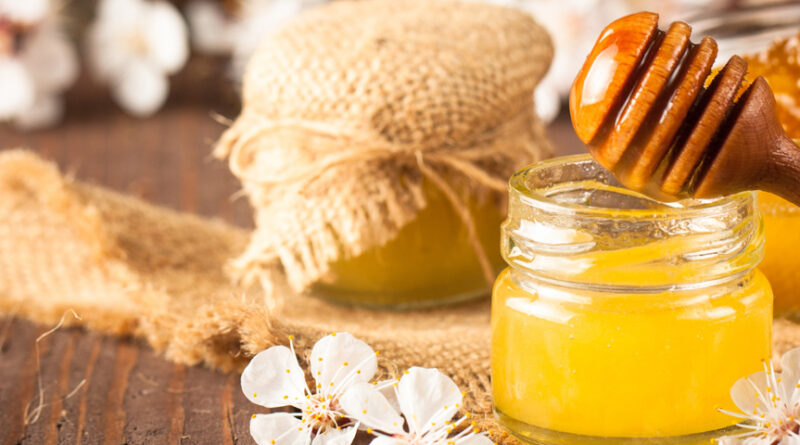Organic vs Conventional Honey: Which is the Best Choice for You?
If you’re a honey lover, you might wonder which type is better: organic or conventional. Both have their benefits and drawbacks, and it ultimately comes down to personal preference. This article will explore the differences between organic and conventional honey and help you answer the question: “Is organic honey better?”
What is Organic Honey?
Organic honey is produced by bees kept in an organic environment. This means the bees have been fed organic nectar and pollen, and the hives have been free from synthetic pesticides, herbicides, and fertilizers. It must also meet certain standards, including the absence of antibiotics and other chemicals. When you see the label “organic honey,” you can be sure it has been produced naturally and sustainably.
Benefits of Organic Honey
No Chemicals
One of the main benefits is that it is free from synthetic chemicals. This means that you can enjoy the sweetness of honey without worrying about the harmful effects of pesticides and other chemicals.
Better for the Environment
Organic honey production is more environmentally friendly than conventional honey production. By avoiding synthetic chemicals, organic beekeepers are helping protect the environment and promote biodiversity.
More Nutritious
Studies have shown that organic honey may be more nutritious. It contains more antioxidants, vitamins, and minerals than conventional honey, making it a healthier choice.
What is Conventional Honey?
Conventional honey is produced by bees exposed to synthetic pesticides, herbicides, and fertilizers. The hives are also treated with antibiotics to prevent diseases. It does not need to meet the same standards as organic honey, and it may contain traces of chemicals that are harmful to humans and the environment.
Drawbacks of Conventional Honey
Less Nutritious
Conventional honey may be less nutritious than organic one. The use of chemicals and antibiotics can hurt the nutritional quality of honey.
Less Sustainable
Conventional honey production is less sustainable. Using synthetic chemicals can hurt the environment, and the overuse of antibiotics can lead to the development of antibiotic-resistant bacteria.
Which One is Better: Organic vs Conventional Honey?
Both organic and conventional honey have their benefits and drawbacks, and the choice ultimately comes down to personal preference. If you are concerned about the environment and health, choose organic honey. It is free from synthetic chemicals, more environmentally friendly, and more nutritious. In addition to the benefits and drawbacks mentioned above, there are other factors to consider when choosing between organic and conventional honey.
Price: Organic honey is generally more expensive than conventional one. This is because organic beekeeping practices are more labor-intensive and require more resources to maintain the hives in an organic environment. Conventional honey may be a more affordable option if you are on a budget.
Taste: The taste can vary depending on the type of flowers the bees have collected nectar from. Some people prefer the taste of organic honey, while others prefer the taste of conventional honey. It’s worth trying both types to see which one you prefer.
Local vs. Imported: Another factor to consider is whether the honey is produced locally or imported from another country. Local honey may have more health benefits because it contains pollen from local plants, which can help alleviate allergy symptoms. Imported honey may be cheaper but less fresh or as high quality than locally produced one.
Conclusion
You might now have the answer to “Is organic honey better.” But, it ultimately comes down to personal preference, budget, and values. Regardless of which type of honey you choose, read the label carefully to ensure that it meets your standards for quality and sustainability.




